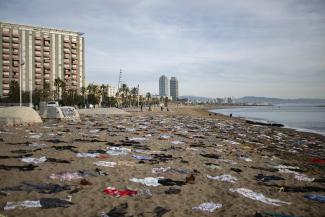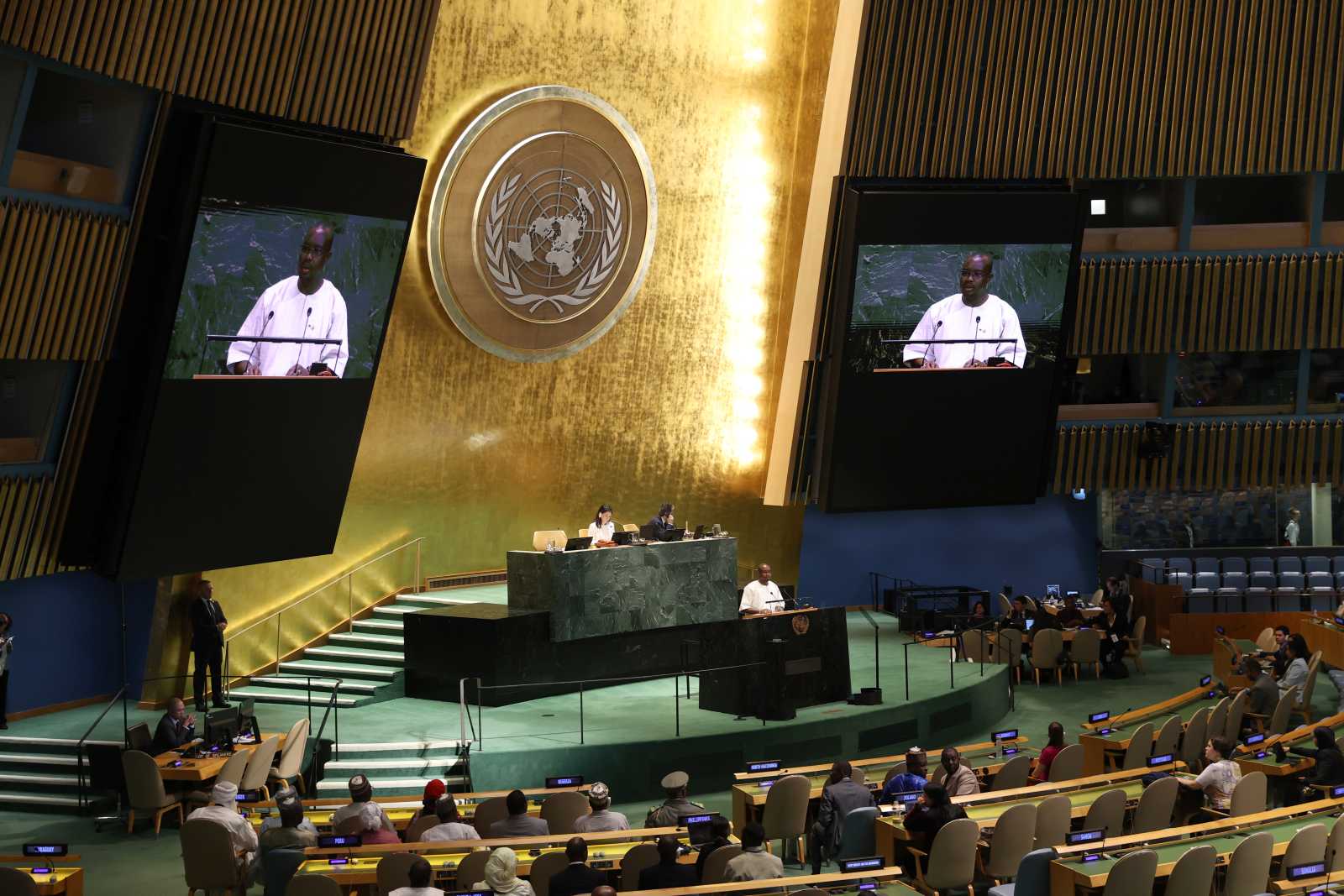World Bank study
Migration as a powerful force for development

According to the World Bank, around 2.3 % of the world’s population live outside their home country. That is 184 million people, including 37 million refugees. There are many reasons why people decide to move across borders. The World Bank finds that most are driven by economic aspirations or the hope of escaping conflicts or other forms of violence. One factor that intensifies all drivers of mobility is climate change.
The World Development Report notes that the migration landscape is changing significantly. Migration is coming to be seen as a necessity by all countries, regardless of income level, because populations are ageing rapidly and competition for labour and talent is becoming global.
Managing migration correctly
The World Bank authors call for all migration flows to be managed in a way that maximises development benefits. They warn that “current approaches often fail both migrants and nationals. They create large inefficiencies and missed opportunities in both destination and origin countries”. This, the experts say, currently results in a great deal of human suffering; anti-migrant movements have emerged in many countries.
Migration should be viewed objectively. It entails both benefits and costs – for the migrants, their countries of origin and their destinations. According to the World Bank, destination countries are in the best position to make migration a success. The policies that they implement define and regulate who crosses their borders, who is legally allowed to stay and what rights they have. “If managed well, migration can continue to increase prosperity and help to achieve the United Nations’ Sustainable Development Goals”, the authors write.
One of the central messages of the World Bank report is that origin and destination countries need to ensure better strategic management of all types of migration. The authors make a distinction between migrants and refugees who offer skills that are needed in destination labour markets and those who do not.
Regardless of whether they are high- or low-skilled, economic migrants and refugees can both be a strong match for the needs of a destination country. Their movement results in considerable development benefits for the migrants themselves, the destination country and the country of origin. The costs are generally smaller than the benefits.
Combination of policy actions
The World Development Report states that the primary policy goal should be to further increase the benefits of migration and reduce the costs. This can be achieved, it says, by a combination of policy actions in origin countries – facilitation of remittances, for example, and mitigation of brain drain effects. In host countries, migrants and refugees should receive targeted support and be granted rights and access to labour markets. Measures should also be taken to facilitate their social integration.
Refugees who cannot be integrated into the labour market of the destination country must be accepted, regardless of the cost, in accordance with international law. The report emphasises that point, adding that the international community needs to reduce and share the resulting costs for destination countries.
Migrants who do not have refugee status and have no chance of employment in a destination country pose considerable challenges for that country. However, as the authors explain, the overall number of such migrants is comparatively small. Their involuntary repatriation needs to be carried out in a humane manner. The aim must be to create incentives and employment in home countries so that such people do not feel the need to emigrate. International cooperation has a role to play here in supporting development in countries of origin.
Link
World Bank: World Development Report 2023: Migrants, Refugees, and Societies.
https://www.worldbank.org/en/publication/wdr2023
Sabine Balk was an editor at D+C/E+Z for several years and currently works for us on a freelance basis.
euz.editor@dandc.eu















